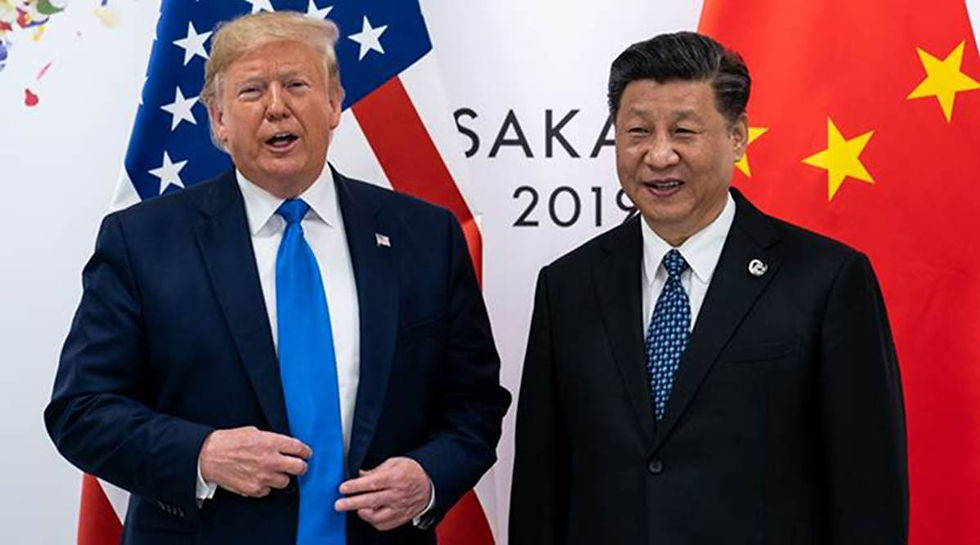The Decision that Brew up a Storm.
- Saumya Bothra

- Aug 13, 2019
- 3 min read
Updated: Apr 14, 2020
Earlier this week, Article 370 and subsequently 35A were scrapped from the Indian constitution. The article was a temporary provision that granted the state its special status for the past 70 years. Due to this, Jammu and Kashmir was able to draw up a separate constitution for itself, along with a respective flag. The central government only had stake over external affairs, defence, and communications. 35A essentially defined Kashmir’s permanent residents, and prohibited those that weren’t, from buying land, or property in the state, have any access to student scholarships, or government jobs, as well as from the voting process.
What’s interesting, is that the tactic used to make this article null and void, was in fact the article itself. Clause 3 mentions that the article can cease to exist, through a presidential order, in consultation with the constituent assembly of Jammu and Kashmir. The timing was impeccable, considering J&K does not currently have a constituent/state assembly, which automatically handed power to the central government. Quite a coincidence one might even say.
The aftermath of what quite possibly marked one of the most historical decisions made by the current government, was definitely loud and extreme. While one side barked in happiness and pride, the other screamed in protest and urgency. The communication blockade, and the deploy of thousands of troops in the state- with no disclaimer of any sort, was labeled undemocratic and unconstitutional by those left distraught upon hearing this news. Yet, a greater proportion of the population, voiced out joyous cheers over what this decision has in store, not only for Kashmiris, but themselves as well.
Economically speaking, the integration of Kashmir towards India, can be a golden opportunity, to help it thrive greater than before. With an increase in investments in not just the state’s land, but in the building of new industries, employment will increase and will head towards the secondary and tertiary sector- a change from being a mainly primary sector state. An eventual result of increased prices can help Kashmiris earn more than their very minimal standard at the moment. Citizens now being able to avail benefits of Right to information and Right to education would boost the states average literacy rate, adding onto the betterment of Jammu and Kashmir’s standard of living.
When looking at matters of security, two concepts come into play. The obvious one being, that with enhanced security for the state, the central government will be able to more efficiently and tightly keep a check on infiltration. While this may not stop terror attacks and hate crimes completely, it can definitely reduce their occurrences. Additionally, with increased education and development, chances are, that the youthful population is less likely to get into illegal activities, also indirectly reducing crime rates in the area.
The potential of this decision to do great things for the country is immense, but hindsight is a privilege we don’t yet have. However I wonder, whether pondering on and dissecting the could-be-better- execution of it, is really something we have the time to take advantage of either. What really must be of primary focus now, is how to go about easing the panic and anger that’s risen in the citizens of Kashmir and the rest of the country, and make sure that the Potential benefits, don’t stay just Potential, for long.



Well researched and you have very well summarised the entire story in all point of view...... Infact, I love the fact you pen down your views on the complex topic, this is encouraging me to read up more on the topic....
Love ya girl, more to go ... My wishes
Well done Saum.... Beautifully written
Keep sharing your views..... Very beautifully written